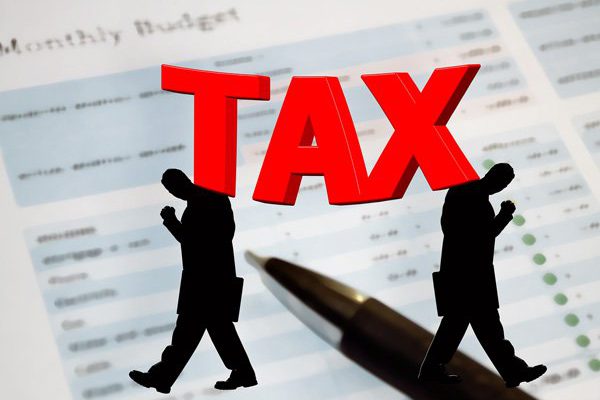
As a business owner, finding ways to trim the fat from your operating budget is something that seems like a never-ending battle. One of the ways that business owners can keep a little more money in their business is by applying for a utility sales tax exemption in Indiana. If this is a new concept to you, keep reading to learn how this popular exemption can save your company money.
What is the Utility Sales Tax Exemption?
Utility companies not only charge you for the actual amount of energy you use, but you’re also charged a tax. With the utility sales tax exemption, your company may be able to avoid paying the taxes on your gas, electric, or water usage.
What Companies are Eligible for Exemption?
In order to receive the exemption, your company needs to complete Form ST-200. This is form is the Utility Sales Tax Exemption application. Your company must fill out an application for each separate utility. For example, your company uses electricity, water, and steam. Therefore, you must fill out a form for each of these utilities separately. Form ST-200 is not a one-size-fits-all form. With the application, you must also send a copy of a recent bill for the specific utility you’re seeking tax exemption status from.
Are there Special Rules for Non-profit Organizations?
If you are a non-profit organization, you’ll also need to provide information describing the purpose or mission of your organization. You’ll claim your refund by submitting Form GA-110L. On this form, you’ll be required to give an explanation of why you’re due the refund and include documents that support your claim for the refund. The following must be included with the documentary evidence:
- Copies of past bills
- Billing history from the utility company that shows the amount of taxes paid for each period (monthly, quarterly, or annually)
- Copies are acceptable, but must have the company’s letterhead with contact information and clearly visible account information
Documentary evidence and the GA-110L form must be submitted separately for each utility for which you are claiming a refund.
Can Companies Claim Refunds for Past Years?
Unfortunately, the answer is no. If you’ve just discovered this exemption, it is logical that you would want to recoup the sales tax you paid for all the prior years you were charged utility tax but it’s not an option. However, you can claim a refund for sales tax that was collected during the current year and the 3 years prior.
For example, if you’re claiming an exemption for the first time for 2015 utility taxes, you can also submit a request for 2014, 2013, and 2012 utility sales tax. You’ll need a separate form for each year and, again, for each utility.
When Is the Deadline to Submit an Exemption?
The deadline to submit an exception is December 31 of the current year. If you’re claiming the current year as well as the past 3 years, you’ll need to make sure that your forms are postmarked by 11:59 p.m. on December 31st.
Consult with Your Tax Advisor
Lastly, if you have further questions about the exemption process, you’re encouraged to speak directly with your tax advisor. There are many ways that companies, both non-profit and for-profit, can save money on their yearly and quarterly tax requirements. Your tax advisor will be able to go over your personal situation and make recommendations for other filings. He or she will help make sure you’re following the tax laws precisely so you are not at risk for penalties or legal action.
For more information on the utility sales tax exemption in Indiana, you may also want to contact the state’s department of revenue.

